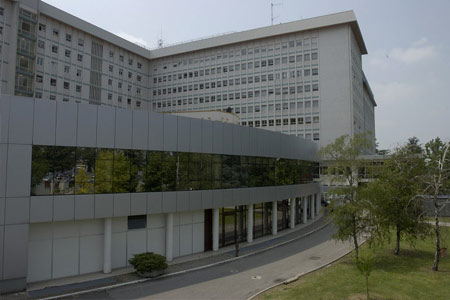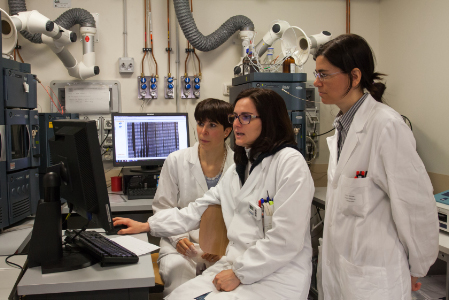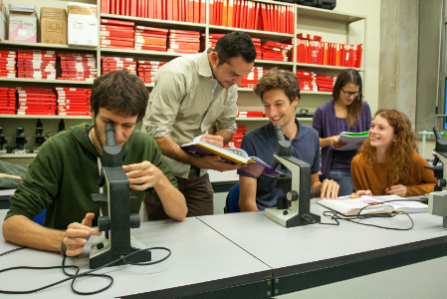Anti-cancer vaccines have been developed to induce tumor-specific T cells in the peripheral blood of cancer patients. Several approaches are viable to increase the frequency of tumor specific CD8 lymphocytes. The tumor antigen can be introduced by a plasmid (gene therapy) or simply by the administration of free or pulsed
peptide in adjuvant. Those approaches have in common the goal of increasing the number of precursors and the attempt to give to the specific lymphocytes the correct
status of activation. Vaccination therapy appears as a promising advance in cancer treatment since traditional anti-cancer therapies are highly toxic for normal cells.
However, a poor correlation between an effective anticancer vaccine protocol and clinical outcome is often observed.
Probably, the explanation for this paradoxical phenomenon is the quiescent status of activation of the specific CD8 cells generated by the vaccine. The reason why the
presence of cancer specific cells does not correlate with tumor regression remains unknown, however, understanding how to revert in vivo the functionality of those
cells by using the correct adjuvant may represent a crucial step toward the production of an effective cure. In the present proposal we suggest to evaluate the effect of
different soluble factors (Tab1) on CD8 cells in order to better understand the importance of preconditioning on the terminal effector function.
The expression of IL-2 and other soluble factors are controlled at multiple levels by T cells and it is mutually linked to T cell receptor (TCR) signaling. Three major
classes of transcription factors that are involved in TCR signalling are NFAT, NF-kappa B (NF-kB) and AP-1 families. Transcription factor activities play a crucial
role in the activation, proliferation and apoptosis of lymphocytes. We will analyse the activation of TCR signaling in CD8 T cells after soluble factors stimulation, i.e.cytokines, studying the timing of activation of NFAT, NF-kB and AP-1 transcription factors.
The timing of administration, the dose and the quality of immune modulating substances (to activate these T cells) will be one of the keys to further advances with
anti-cancer vaccines. The present project will attempt to better characterize the modulation of the genetic profile of circulating human CD8 cells. This project should
allow the set up of preclinical models aimed to identify the best adjuvant for an effective and safe tumor immunotherapy.
Tab1
Stimulating factors proposed for the study:
CC chemokines: RANTES; MIP-1 alpha (CCL3); MIP-1 beta (CCL4); TARC (CCL17); MIP-4/PARC (CCL 18); eotaxin2 (CCL24).
CX chemokines: IL-1 alpha; IL-1 beta; IL-2; IL-3; IL-4; IL-5; IL-6; IL-7; IL-8; IL-10; IL-12; IL-13; IL-15; IL-18; MIG (CXCL9); IP10 (CXCL10); BCA-1 (CXCL13).
growth factors: GM-CSF; flt3 Ligand; VEGF; TGF alpha; TGF beta.
TNF superfamily: CD40L; OX40L; 4-1BBL.
Others: PGE2; lymphotactin; IFN-gamma; IFN alpha.







